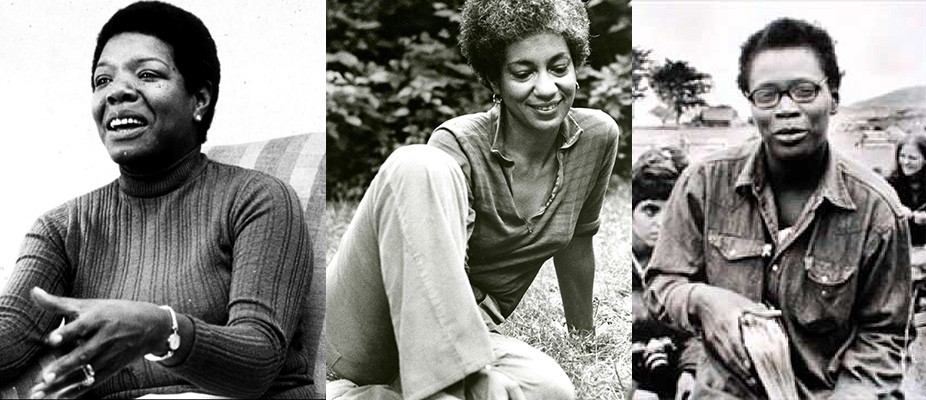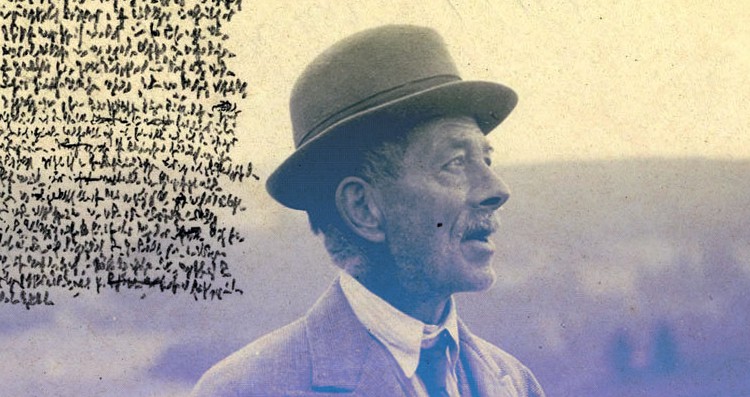interviews
Chavisa Woods Knows How to Love a Misfit in Rural America
‘Things to Do When You’re Goth in the Country’ tells stories of people trapped into protecting systems that oppress them

I picked up Chavisa Woods’ collection of stories Things to Do When You’re Goth in The Country And Other Stories from my rural post office. If packages arrive at all they often arrive late and when I opened the package the object — hard cover with a black dust jacket, the title’s font in silver Blackletter — was in such stunning contrast to the colors of the rye field I sat in that the world around me — which seemed real with life — became suspect. The collection of stories published in May 2017 from Seven Stories Press does just this, focusing on the cash poor in rural America. This is Woods’ third book exploring the communities she grew up in. Most stories take place in or around Illinois in towns where the army base and the prison are both near by and this nation’s endless wars are far away and on TV and mostly fought by you or your neighbors.
The characters in Woods’ collection speak to us from the edges, or, as the incarcerated narrator of the story “A Little Aside” calls it “the moment between, when they go into the space between” — the older sister who has fled her small town but returned to visit; the dykey middle schooler feeding a fugitive living in a mausoleum; a trans guy with the Gaza Strip on his head; an elderly widow and devout Christian who feels tormented by desire for her own hot body; a teenager with upside down crosses on her cheek and a string of baby doll heads around her neck performing from the book of Ezekiel at Bible Study.
“The sky is blood,” that narrator from “A Little Aside” declares, capturing the particular American violence that is unacknowledged and constant that works its way throughout the whole book. Chavisa Woods is the oracle at work here displaying again and again how folks are trapped into protecting the system that oppresses them. In “What’s Happening in The News” a young narrator determined to become the first “Christian Actress” in Hollywood even though its ruled by the “Gay Mafia” watches as her friend’s dreams are usurped by army recruiters.
“I’m in the army, now. I’m getting outa here, fuckers.’ […] Even if they were just there to bomb the real world, at least they’d get to see it first.”
When her best friend decides to enlist instead of following his lifelong dream to be a filmmaker, citing that maybe his purpose is to make the world safe for others, she doesn’t sugar coat what’s happening —
“When people begin to talk in words you’ve heard before, it’s easy to know who’s writing the script.”

The script we are following is dictated by very specific historical events that show up in this book: 9/11, the death of Osama Bin Laden, and the 2014 Israel-Gaza conflict. There were startling reminders of the narrative that followed those events: the rise of nationalism and army enlistment after the World Trade Center attack, that moment when a Fox news anchor said “Barack Obama is dead, I’m sorry I mean Osama…,” the switch to spelling Osama’s name as Usama — “It’s on purpose,” one narrator declares in a panic, “see, its USA-ma. They’re doing it on purpose. They’re renaming him as if he’s now property of the USA. Get it? USAma.”
And similarly the 2014 Israel-Gaza Conflict, where rockets sent from the Palestinian side unleashed a multi-week military assault from Israel is brought to a defamiliarized horror through “A New Mohawk” where a narrator wakes up to a section of the Gaza Strip on his head, with explosions and shouting and bodies falling to the floor. Its only when these tiny dead bodies — dying in real time — are presented to people that the conflict, far away and on TV and armed by the US Government, becomes real. But even then, the Gaza Strip Mohawk bearer has to constantly redirect the pity he’s receiving for the inconvenience of his itchy, warring head to the outrage over how little people care about this mass death.
The characters from that “between space” govern these stories and are often queer and/or Goth. “These feathers of faggotry were my privilege,” states the narrator of “How to Stop Smoking in Nineteen Thousand Two Hundred and Eighty-Seven Seconds, Usama.” The main character, driving a rental car she can’t smoke in, is back in her hometown on a visit from New York City.
Our narrator is broke in Brooklyn but it’s nothing like the endless cycles that she watched her whole life and is now viewing through her youngest brother. “Little-little hasn’t been off probation for more than a few months at a time since he was thirteen. Every time he breaks any part of his probation, whether it’s a ticket, a missed phone call, or a failure to report a change in address, he goes to jail.”
Queerness untrashes people, a different narrator says in the title story, and we feel the grittiness of this position — it’s not lonely — Woods never delves into nostalgia — but it makes for existence having a different purpose.
This is expressed best in the title story, where the role of being Goth feels like the work of something biblical: actually embodying the death that everyone refuses to look at, but that’s all around them.
“I would look to the farmers saying ‘Air Force,’ pointing their calloused fingers west and felt the wars which are endless and meant to be endless ripping open my guts with their flapping blades and I would know I was dead too. And I would know for a moment that it wasn’t only me painting my eyes so black and my skin so pale. It wasn’t something autonomous inside me making me need to look so dead. Dead as the kids dropping hands like bricks and the carcasses of children God promised to spread around vain altars. Dead as the elite Republican Guard. Dead as the Iraqi insurgents and people just trying to drive their cars home to dinner on the only road home that is awfully near a pipeline. Dead as oil and sand. Dead as the conscientiousness of this country[.]”
As serious as this all is, somehow Chavisa Woods offers it to us free of didacticism and full of humor and flat out absurdity, as if to say, it’s absurd what we refuse to see and acknowledge. She creates a kind of meta reality — this world but peeling back the other possibility of our reality underneath, like a cross between Shirley Jackson and the comics of Simon Hanselman. But unlike Jackson, Woods doesn’t limit the evil to small towns but reminds us again and again of the larger violence at work making the smaller ones possible. Meaning, you won’t read this and think “how perfectly horrible.” This is not the sentimentality that James Baldwin warns against.
You can say that these stories seem like they were ready made for a post 2017 election but they were written during the Obama presidency; the experience of America that many people have woken up to in the last six months is the America that has been happening since the beginning of this country. Chavisa Woods writes with vision and experience from “this moment between” delivering us into the world that’s always been here.








